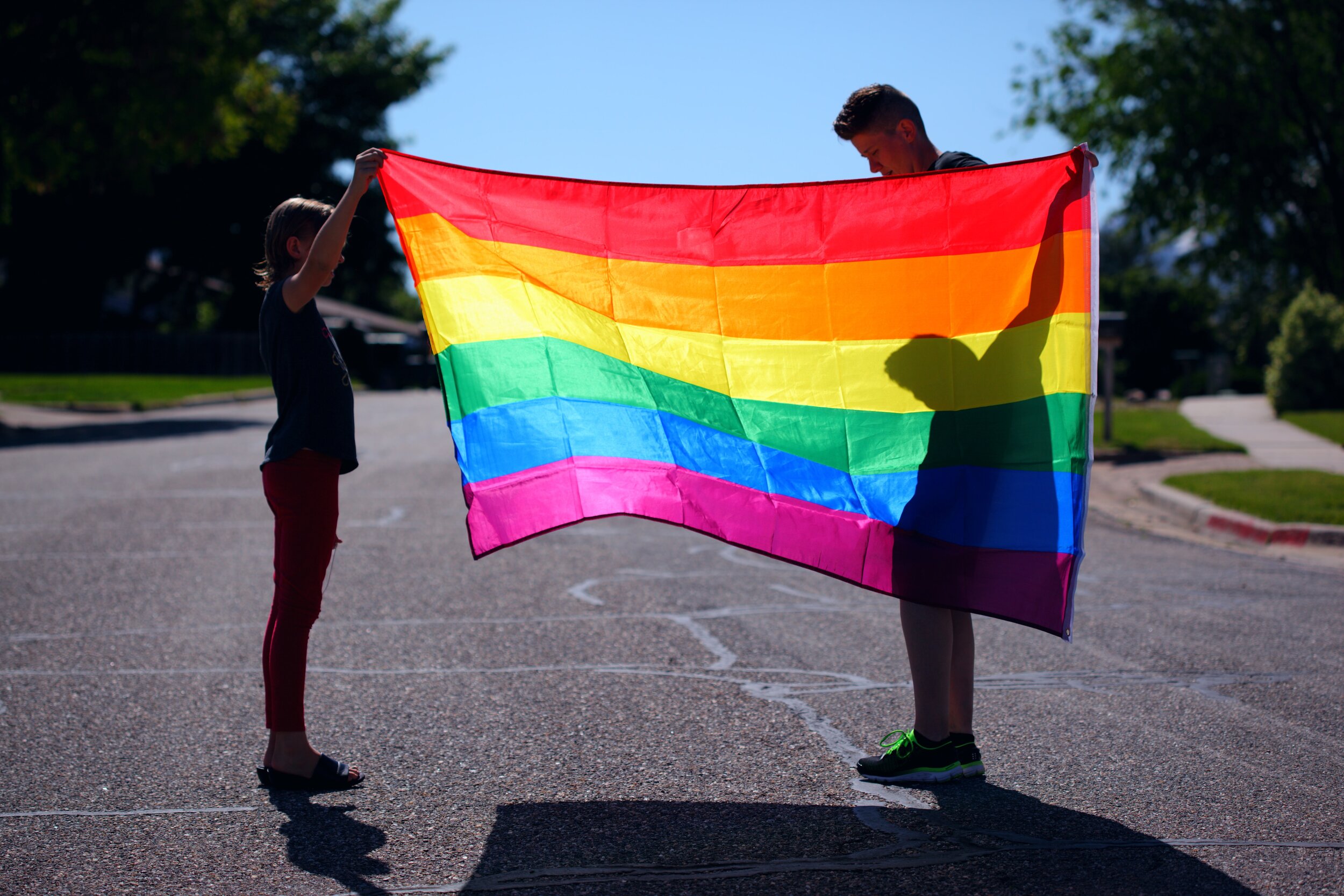What's Left Unaddressed: Injustices LGBTQ+ Youth Face in the Foster System
Photo by Sharon McCutcheon on Unsplash
Of the 5-7% of American youth who identify as lesbian, gay, bisexual, trans or queer (LGBTQ+), almost a quarter of them live in foster care. To put it plainly, LGBTQ+ youth are severely overrepresented in the foster system. Worrying statistics, like how in New York City, 78% of homeless LGBTQ+ youth were either removed or ran away from foster homes because of abuse or discrimination, only point to issues and injustices that have neglected many foster children.
Youth who identify as LGBTQ+ are more likely than their straight and cis-gender peers to experience poor mental health from environments that do not affirm their sexual orientation, gender identity and gender expression. LGBTQ+ youth in foster care, however, are frequently denied essential health care (namely, mental health services such as individual and group therapy and psychiatric medications) as a result of discriminatory policies at the regional, state or federal level. This means that compared to other LGBTQ+ youth, those in foster care are three times as likely to use illegal drugs or be at high risk for contracting HIV and other STIs, nearly six times as likely to experience high levels of depression, and more than eight times as likely to commit suicide.
LGBTQ+ youth in foster care are often exposed to abuse — sexual, physical, emotional or otherwise — under the child welfare system. As a result, a disproportionate number of LGBTQ+ foster youth turn to substance abuse and/or self-destructive behaviors. Conversion therapy and similar dangerous efforts that falsely claim to change your sexual orientation or gender identity are particularly pervasive for transgender youth in foster care whose very identities are too often rejected in state care.
Other injustices LGBTQ+ youth in foster care face include both active and passive suppression of their identities and presentations. That is to say, though these practices may be well-intentioned and done to protect youth from bullying and outside harassment, they nonetheless deny LGBTQ+ youth the right to be their authentic selves. Some of the most damaging efforts the Children’s Law Center cites include suppressing inclusive sexual health education and creating home environments that prohibit self-expression in clothing, hairstyles, makeup, room decorations or friends. There have also been insances of some foster parents “steering” LGBTQ+ youth to hobbies more typical for their sex (e.x. football for boys, ballet for girls), leaving devastating consequences for a youth’s self-esteem and image of themselves. Further, some LGBTQ+ youth are forced to attend activities (often religious in nature) that are openly hostile and unsupportive of LGBTQ+ people. We’re left to wonder: How is the foster system helping to cultivate the citizens of our future? With intolerance and denial of their very identities?
If you are reading this and are a foster parent yourself, there are ways that you can support the children in your care and provide a safe environment for them. Listen to foster youth and former foster youth and stay informed of the vulnerabilities that come from being in the foster system.
These injustices have skated under the radar for too long — but there are people out there who now stand with LGBTQ+ youth in the foster system. Children’s Rights is an organization dedicated to holding the government accountable for the wellbeing of children affected by America’s broken child welfare, juvenile justice, education and healthcare systems. It has fought for LGBTQ+ foster children on a number of fronts, including opposing the release of a new rule by the U.S. Department of Health and Human Services to roll back non-discrimination policies in foster care and adoption agencies. Other organizations include Parents, Families, and Friends of Lesbians and Gays, Children of Lesbians and Gays Everywhere, Family Equality and the Family Acceptance Project. LGBTQ+ youth may be disproportionately represented in the foster system, but these organizations are showing that they are not alone, and that they deserve stable, nurturing, and accepting environments just like any other child.
Every human being is owed dignity and the right to express themselves — especially those who belong to the vulnerable and under-resourced communities. Join Dressember in raising awareness surrounding the injustices and abuses LGBTQ+ foster youth face and supporting those who are working to address them.
About the Author
Mckayla Yoo is a proud resident of the Jersey Shore getting her History and English degrees in Massachusetts. A lover of slow fashion, she believes in conscious consumer choices and the five R's. In her free time, you can find her researching cold case mysteries and perfecting the art of iced coffee.


